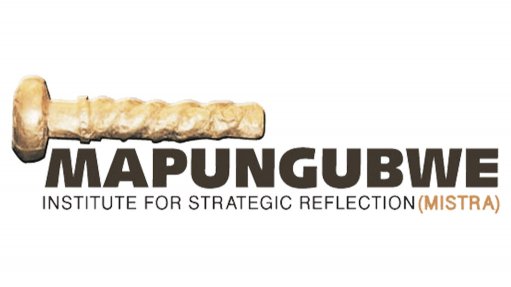
The aim of this paper is to discuss this tension arising from traditional leadership in a constitutional democracy. Its key argument is that recognising an institution of traditional leadership, based on unelected leaders, in a democracy in which the central principle is elected representation, and giving such an institution political and executive powers on land and natural resources undermines the democratic project.
In the process of exploration, the paper highlights the complexities and intricacies associated with the role of traditional authorities in a multi-party democracy.
The paper is informed by, and draws extensively from work I have been doing on democratisation in South Africa’s countryside going back to the dawn of South Africa’s democracy in 1994. My work on traditional leadership for the period up to 2004 has been consolidated in my PhD thesis, and my first book.
This book, Democracy Compromised: Chiefs and the Politics of Land in South Africa was first published in 2005 by Brill Academic Publishers in the Netherlands, and then in 2006 by the HSRC Press in South Africa. For purposes of this working paper, I use the 2006 edition of the book. Additionally, democracy in the countryside, which interrogates the role of traditional authorities, is one of the three themes covered by my National Research Foundation (NRF) Research Chair in Land Reform and Democracy in South Africa.
Paper by the Mapungubwe Institute for Strategic Reflection (MISTRA)